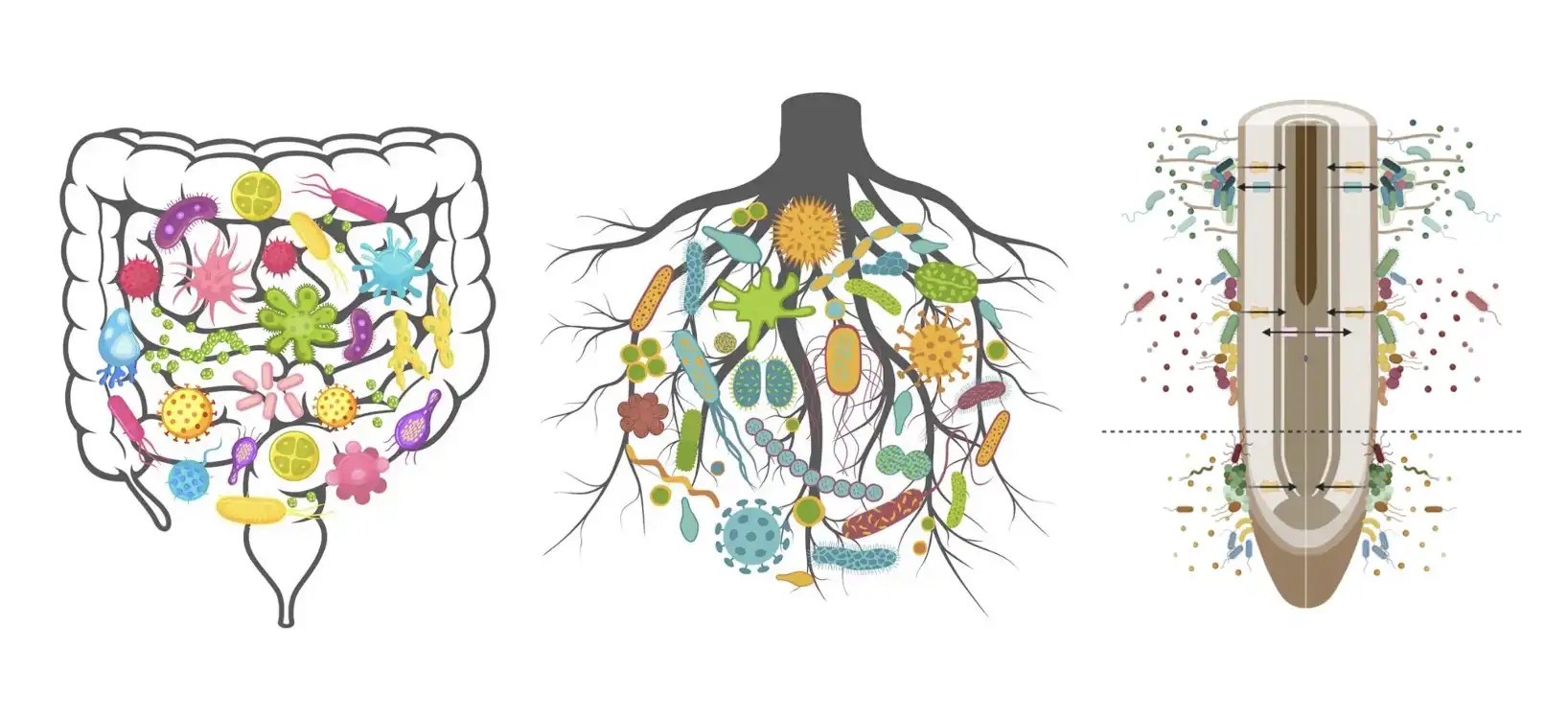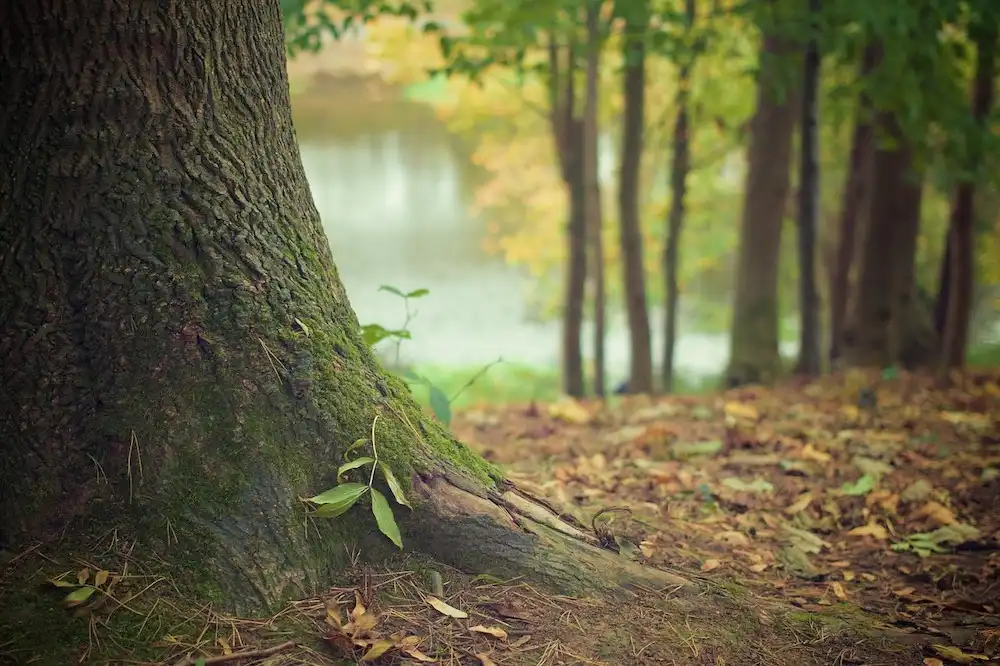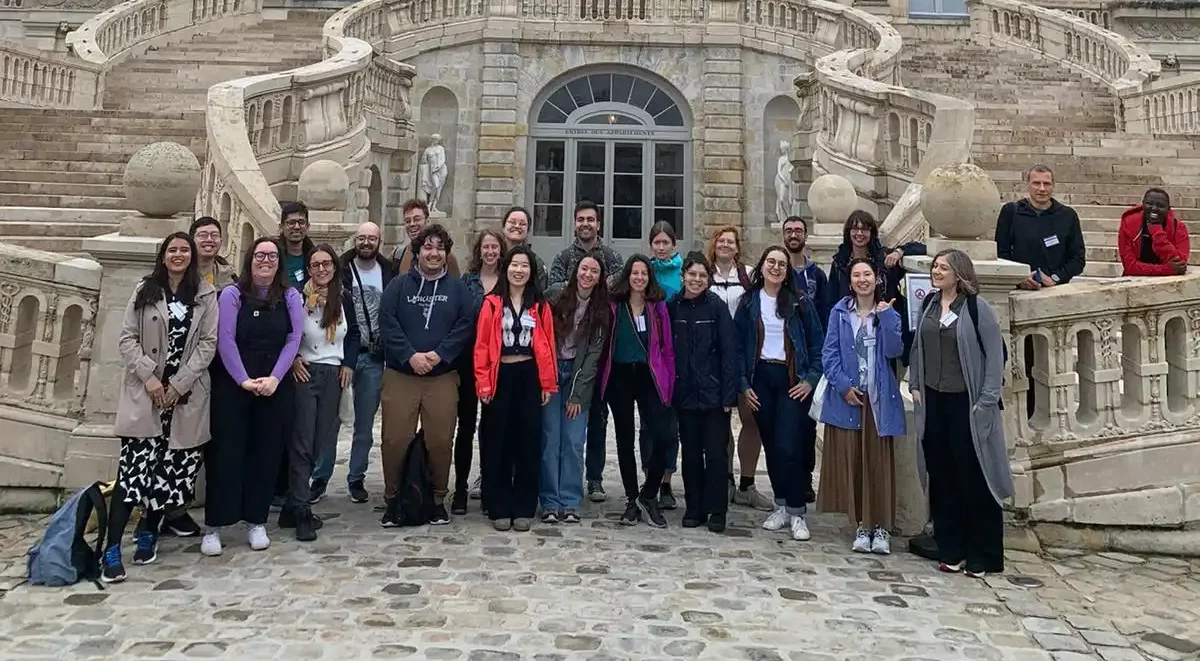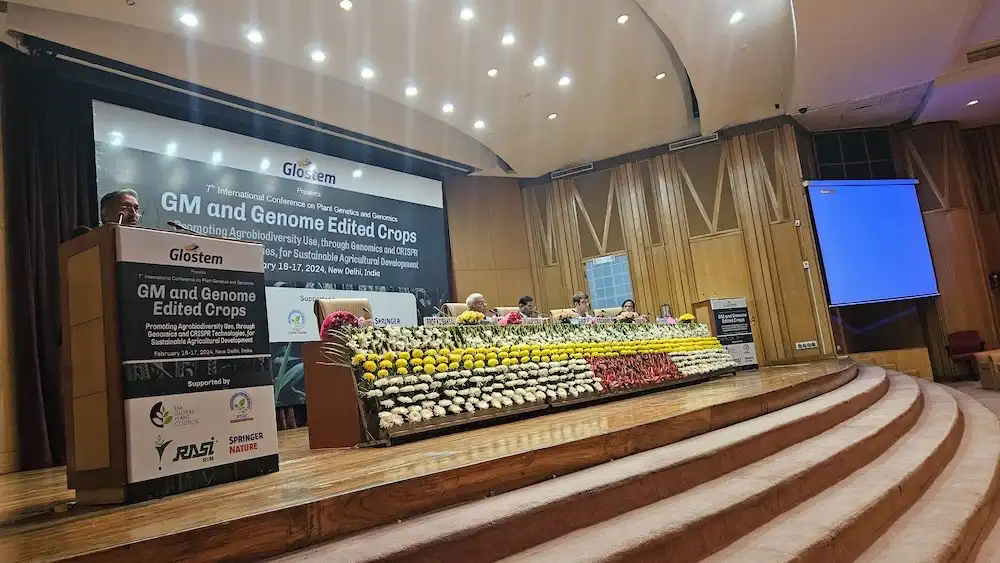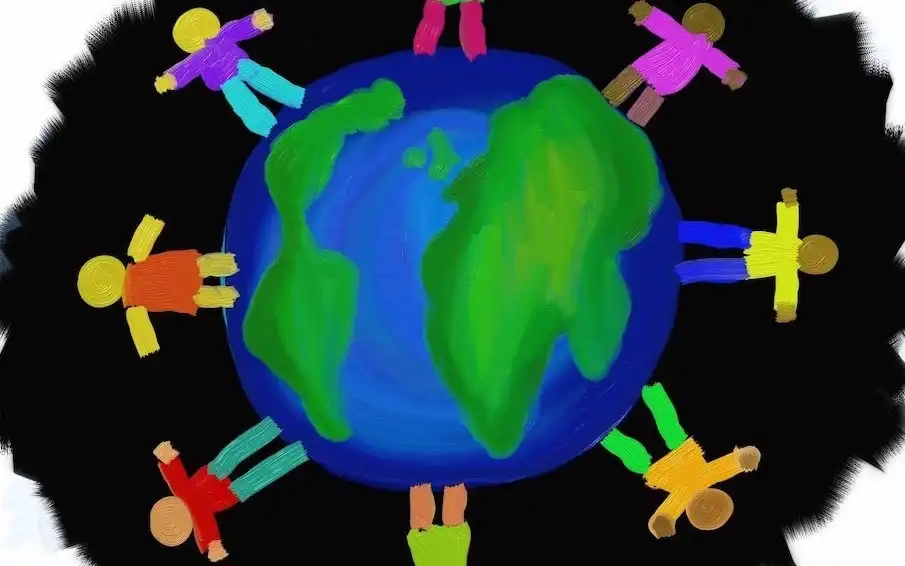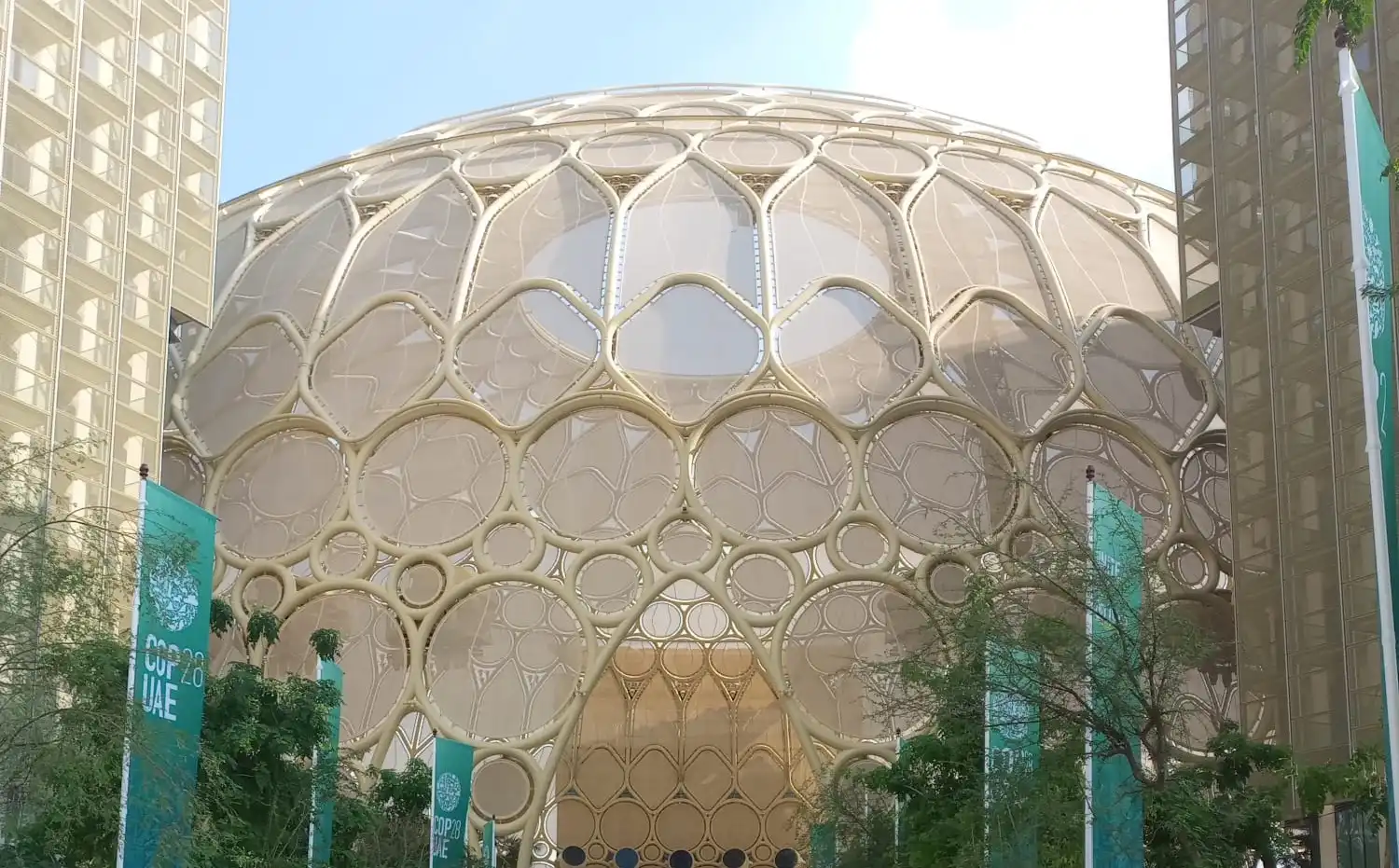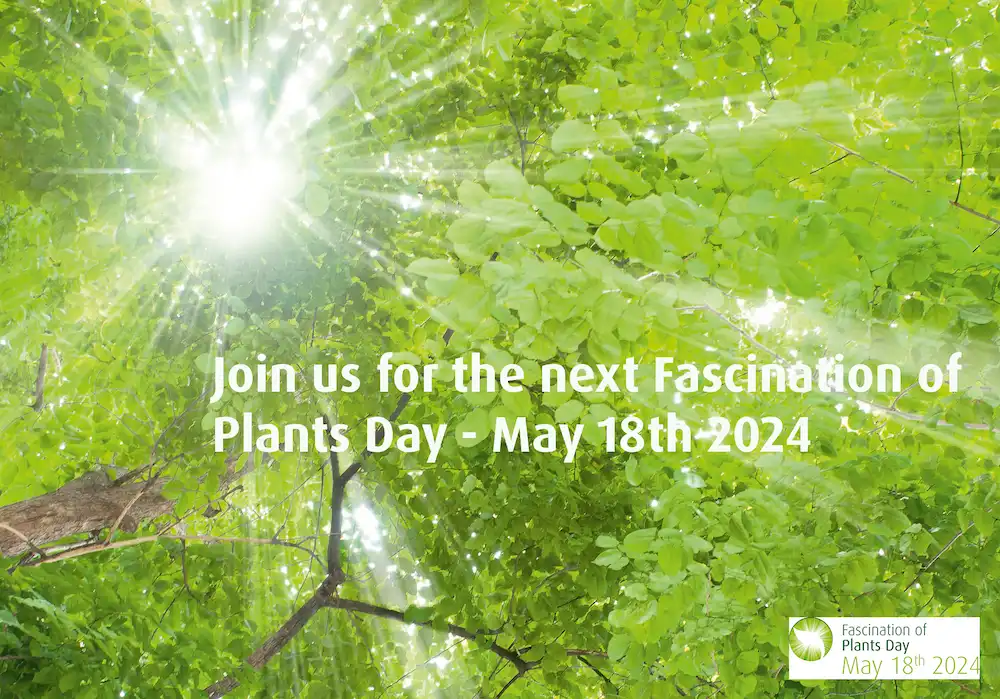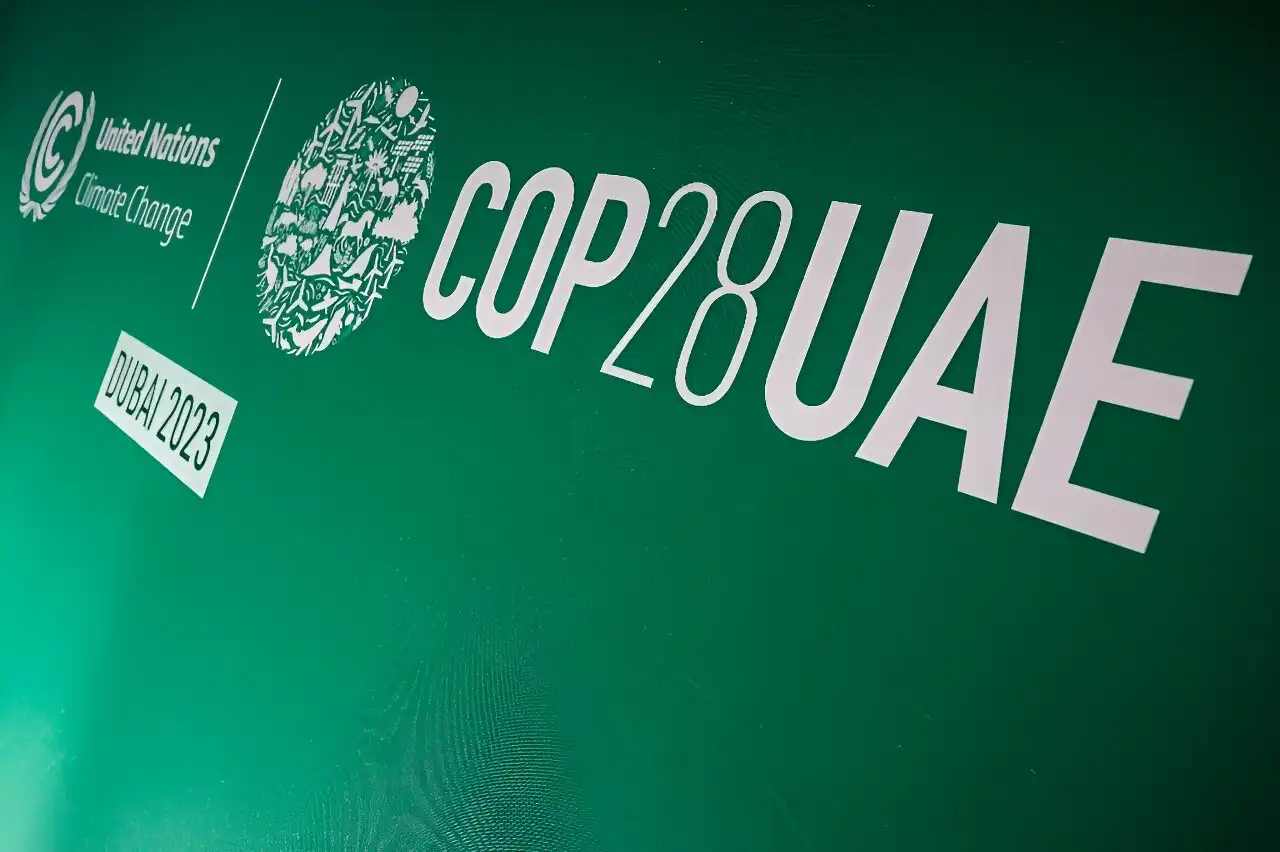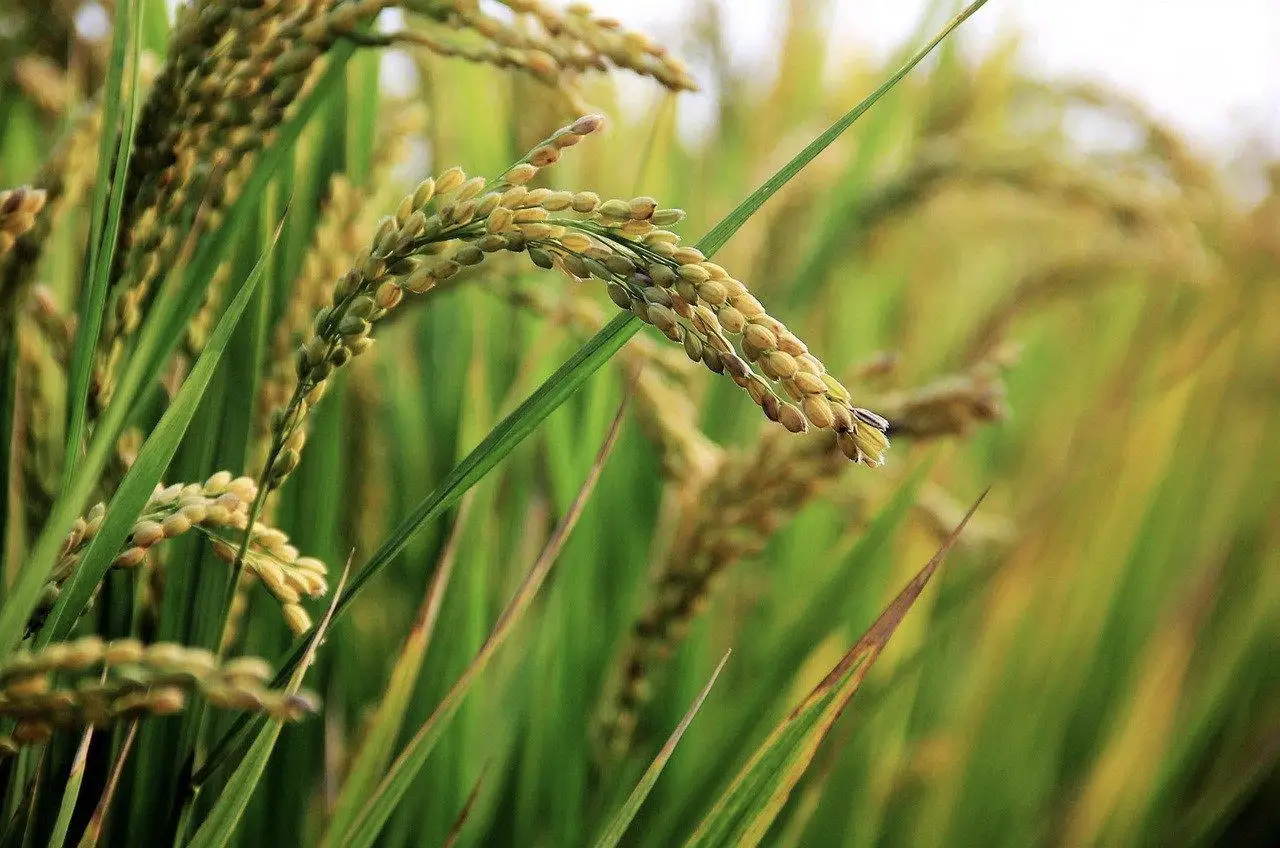
Scientists discovered that the OsDREB1C gene boosts rice yield by at least 40%. This gene enhances photosynthesis, growth, and nitrogen use, leading to larger, more abundant grains. Field trials confirmed these benefits, suggesting significant potential for addressing global food security and reducing fertilizer use.


